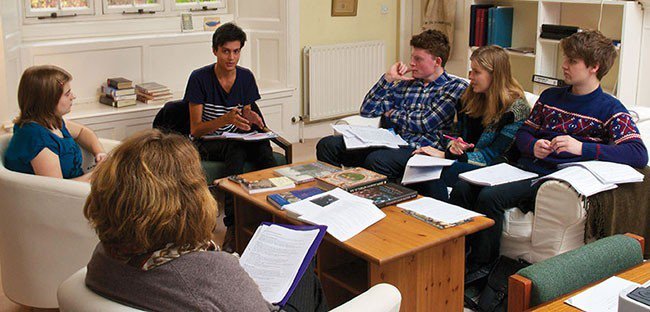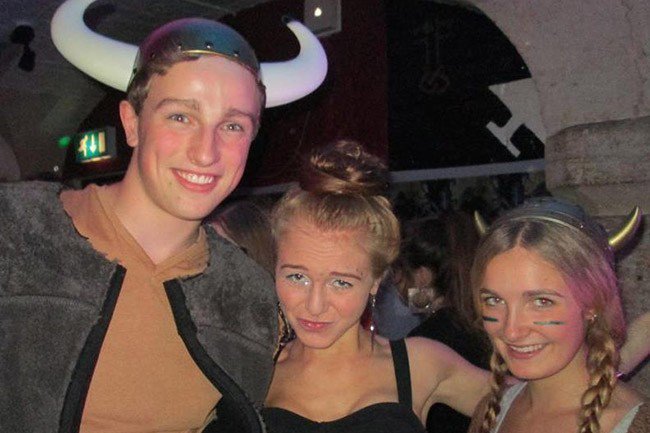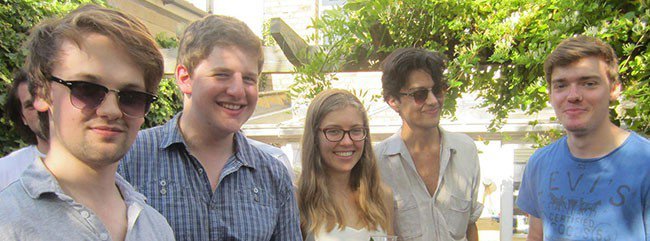Average number of places available each year at Exeter College: 8.
Why study History?
As Historians we try to discover how and why past societies changed and developed and to understand the impact of those changes on people in the past. Often this is a process that renders unfamiliar what we thought we knew, causing us to think afresh about the institutions, ideas, habits of mind, and relationships of our own societies. Expanding one’s understanding of human affairs in the past and the present can generate some life-changing insights.
Why study History at Exeter?
Exeter has a diverse but close-knit and dynamic community of Historians, bringing together current undergraduates, graduates and Fellows. There are two permanent History Fellows, and one Early Career Fellow, who cover the full spectrum of the syllabus, teaching undergraduates in regular tutorials and classes and arranging specialised tutorials outside the College. The Fellows also act as advisors to graduate students, offering support and advice, and helping students to navigate their professional development. We currently run a Graduate Mentor scheme which provides valuable help with writing and study-skills for our undergraduates and gives History graduates an opportunity to gain teaching experience.

Seminar discussion with first year students
The College is very well placed for Historians: we’re a one-minute walk from the Bodleian History Faculty Library at the Radcliffe Camera and Gladstone Link, and five minutes away from the Examination Schools where lectures are held. Exeter’s Jackson Library – which is open 24 hours a day – is very well-resourced for our subject (the Fellow Librarian has been a Historian for many years!). We also have a rich and historic College Archives, with some opportunities through which graduate and undergraduate students can gain experience in archival work, in designing and preparing small exhibitions, and blogging about history.
We have a lively programme of social events throughout the year, bringing together all the Historians in College. The highlight is the spring History Thesis Conference at which the Finalists present their thesis research, and advise the second year undergraduates on how to develop their own projects. The conference is followed by the annual dinner, organised by the second years at a local restaurant. Historians are also frequent attendees at the Rector’s seminars – given the Rector’s own background as a Historian, his guests are often of particular interest to us. We also build up particularly close relationships with the visiting students from Williams College in Massachusetts, USA, so that our community is often an international one.

Some enthusiastic students of early medieval Europe

Summer party
Exeter’s history-alumni community is strongly engaged with the College, and we are fortunate that many of our former students are happy to advise students on future careers in a wide-range of fields.

Celebrating the end of exams
For an overview of all the courses available, please visit the department website.
Careers
Those who study History at Exeter go on to have successful careers in a wide range of fields. Recent graduates have gone on to policy research, to teaching, to international development, advertising, to work in the arts and museums, in journalism and the law, as well as to further graduate study in History and related fields.
